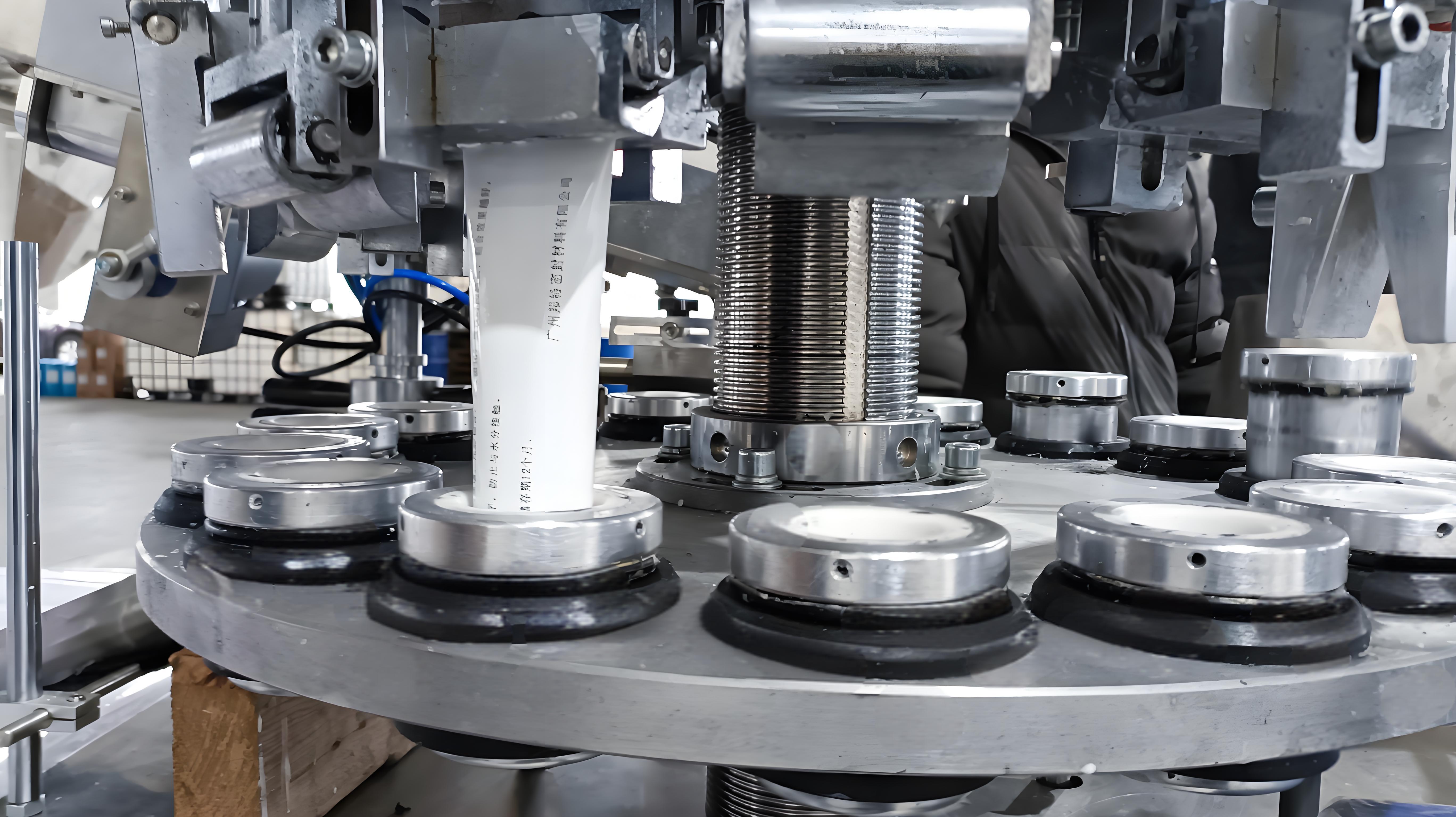Types of industrial sealants and their application scenarios
Sealants have been widely used in the construction field, such as curtain walls, doors and windows, insulated glass, and interior decoration, serving the purpose of bonding and sealing. During the application process, we will encounter concepts such as structural adhesives, insulating adhesives, weatherproof adhesives, and fireproof adhesives. What roles do these different types of sealants play? How are they classified? Shanghai Hinnel New Material Technology Co., Ltd. introduces the importance of industrial sealants.
Shanghai Hinnel
2021/11/09

Types of industrial sealants and their application scenarios
1. Silicone sealant: It has excellent weather resistance and corrosion resistance, suitable for sealing in various outdoor environments, with outstanding long-term performance, effectively preventing moisture and gas leakage.
2. Polyurethane sealant: It has excellent elasticity and wear resistance, suitable for dynamic sealing situations, able to alleviate vibrations and impacts, protecting the sealing surface.
3. Epoxy sealant: It has strong chemical corrosion resistance, suitable for high-demand sealing situations, with outstanding strength and stability.
4. Acrylic adhesive: It has a wide bonding range, suitable for most types of plastics and metals, and cures quickly.
5. Anaerobic adhesive: Cures only in the absence of air, suitable for thread locking, cylindrical holding, pipe thread sealing, etc.
6. Instant adhesive: Cures instantly upon contact with metal surfaces, suitable for various substrates, with high strength and good adhesion.
7. Hot melt adhesive: Cures quickly, suitable for bonding a wide range of substrates, but is not a true structural adhesive.
8. Polyurethane adhesive: Has good bonding performance for thermoplastic and thermosetting plastics, with good flexibility and durability.
9. UV-curable adhesive: Solvent-free, cures within seconds when exposed to UV light, suitable for bonding, coating, potting, sealing.
The importance of industrial sealants
Sealing performance: Industrial sealants can fill configuration gaps, prevent gas and liquid leakage, ensuring the sealing of equipment.
Durability and stability: Many industrial sealants have excellent weather resistance and corrosion resistance, maintaining stable performance in harsh environments, extending the service life of equipment.
Safety and environmental protection: Some industrial sealant materials, such as rubber and resin types, are made from safe and environmentally friendly materials, meeting environmental protection requirements.
Due to these advantages, sealants have gained recognition in many industrial fields. As long as the bonding materials are not special, bonding tasks can be easily completed, providing waterproof, moisture-proof, corrosion-resistant, and pressure-resistant properties. They protect electronic components well for long-term use.
Note: Some content is sourced from the internet; if there is any infringement, please contact for removal.
> Recommend reading
Can an electric bicycle controller be encapsulated using polyurethane potting compound?
Shanghai Hinnel
2026/01/22










